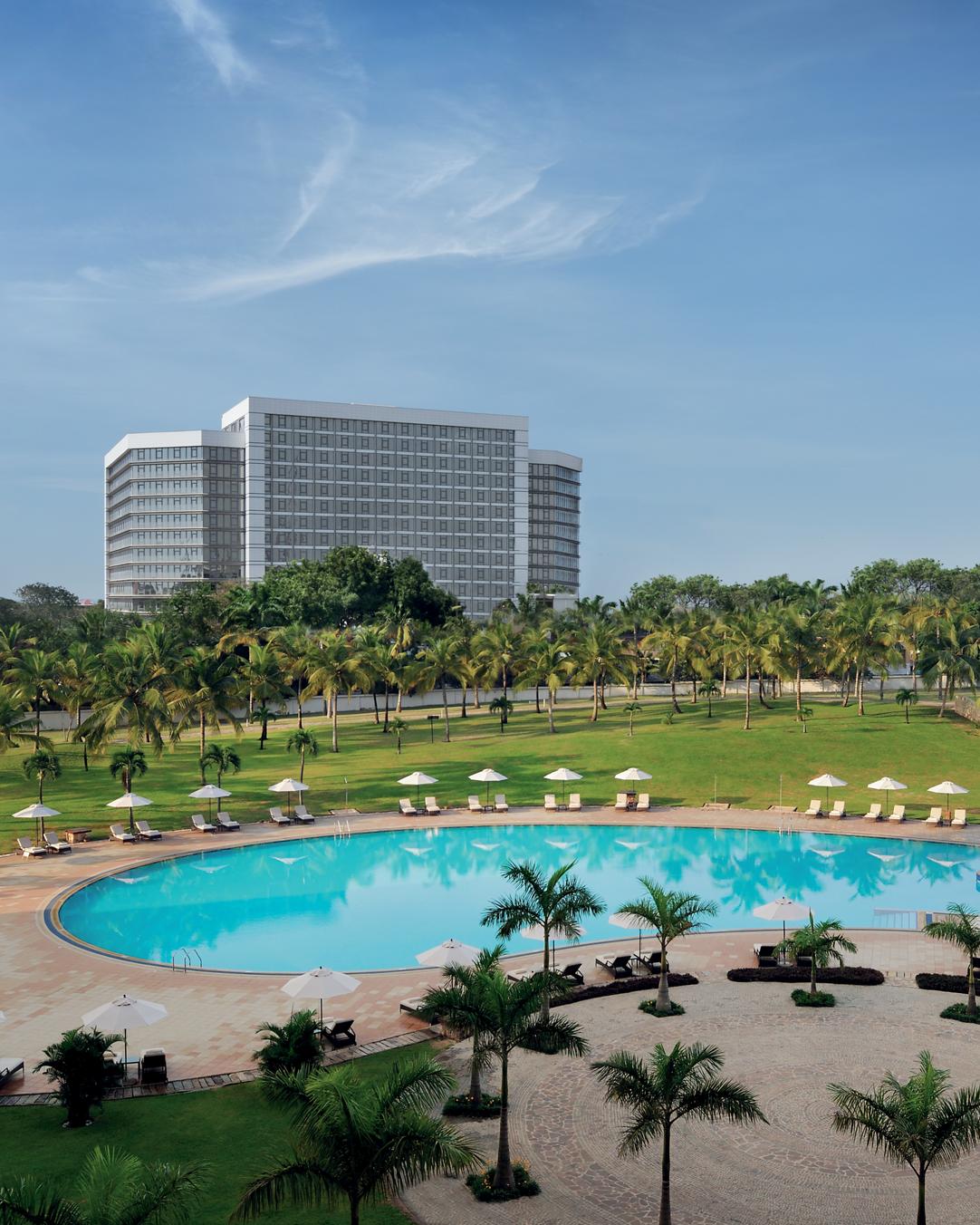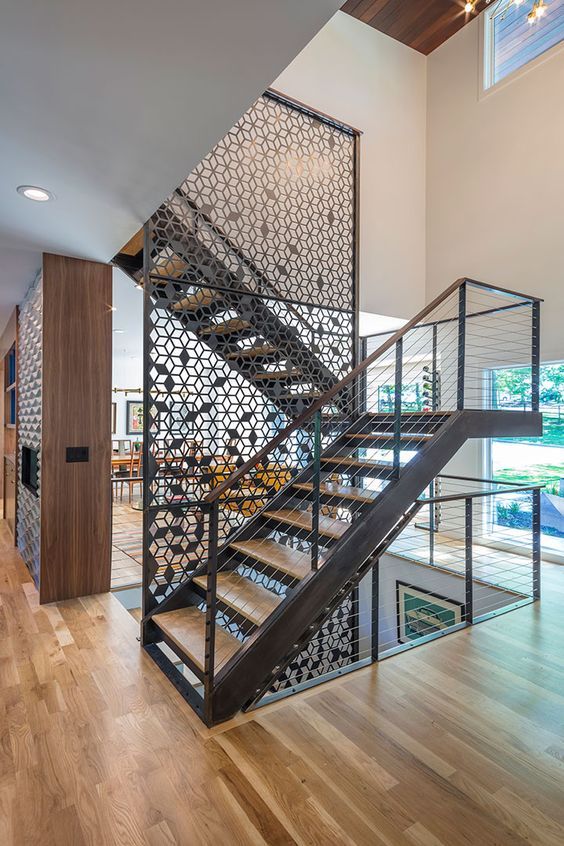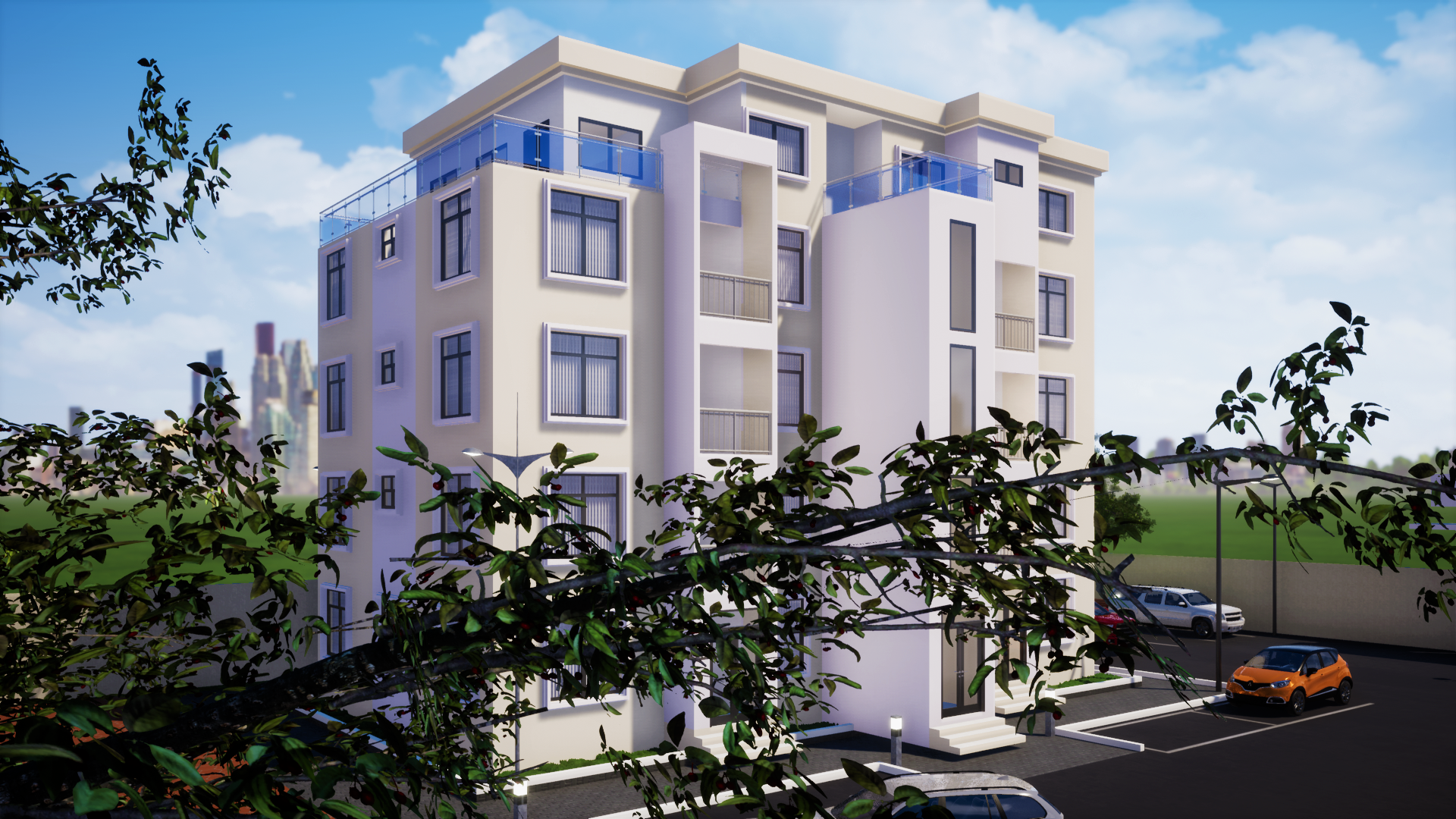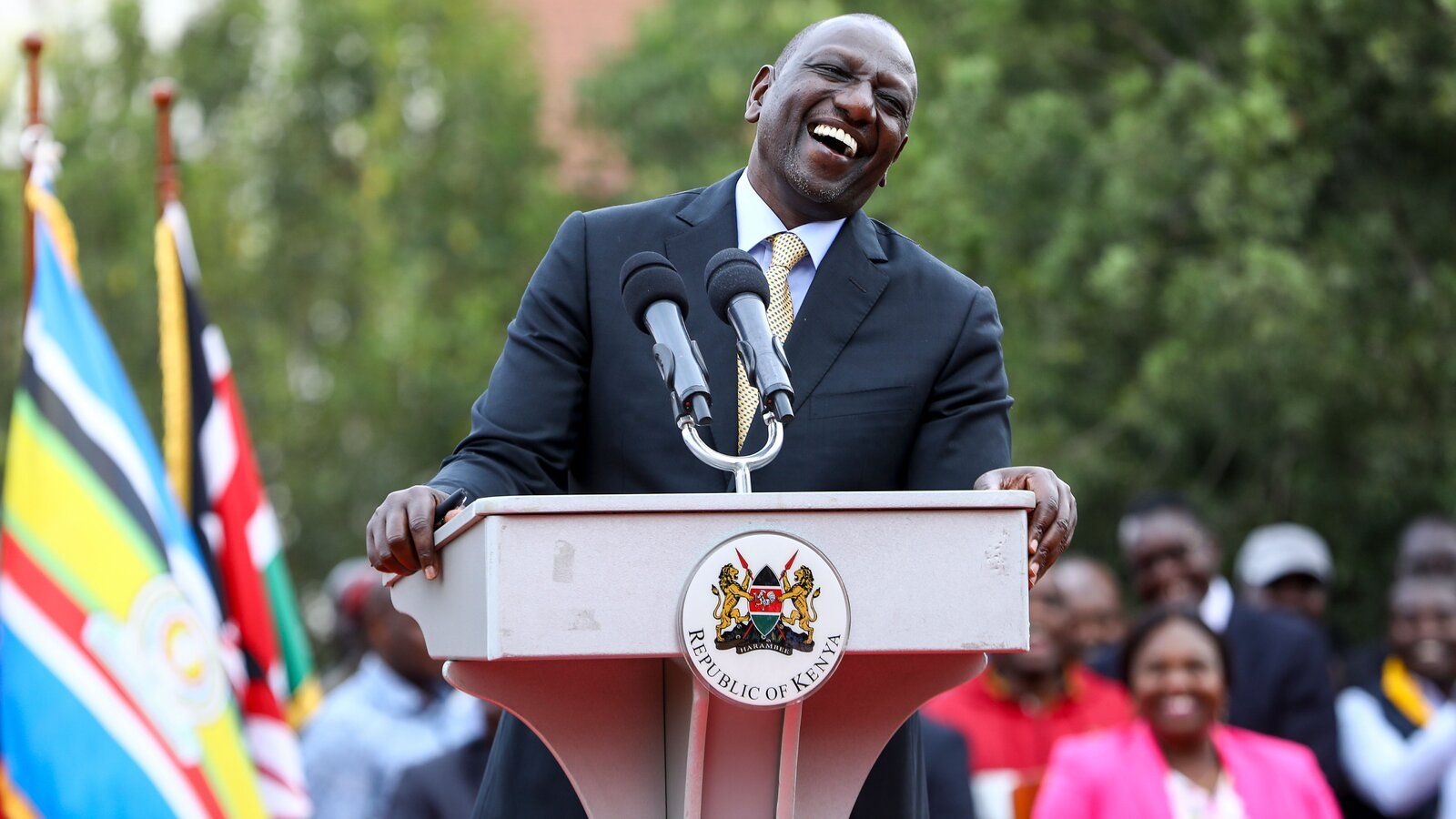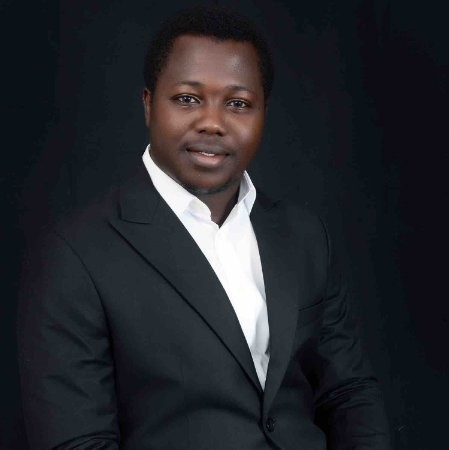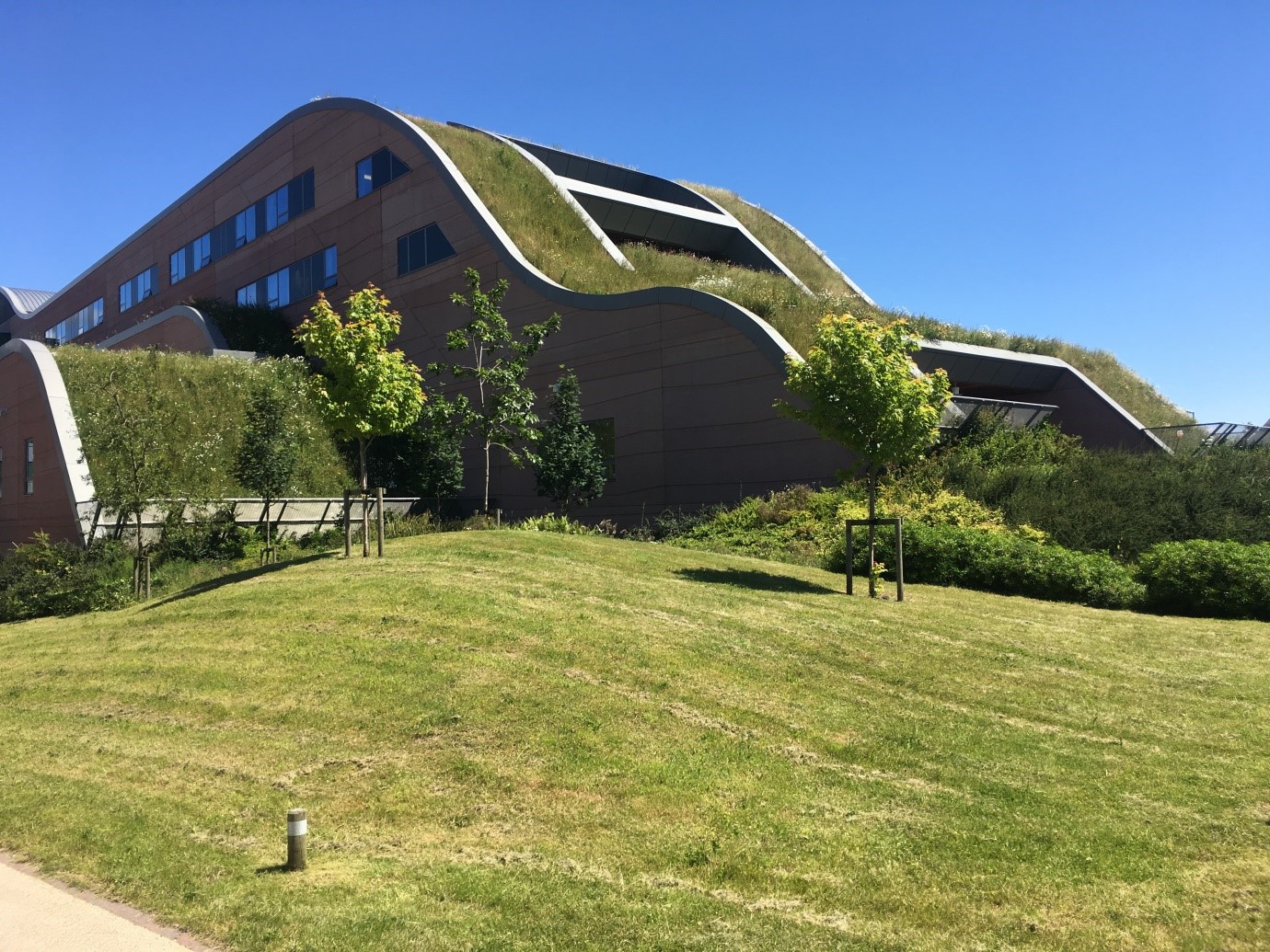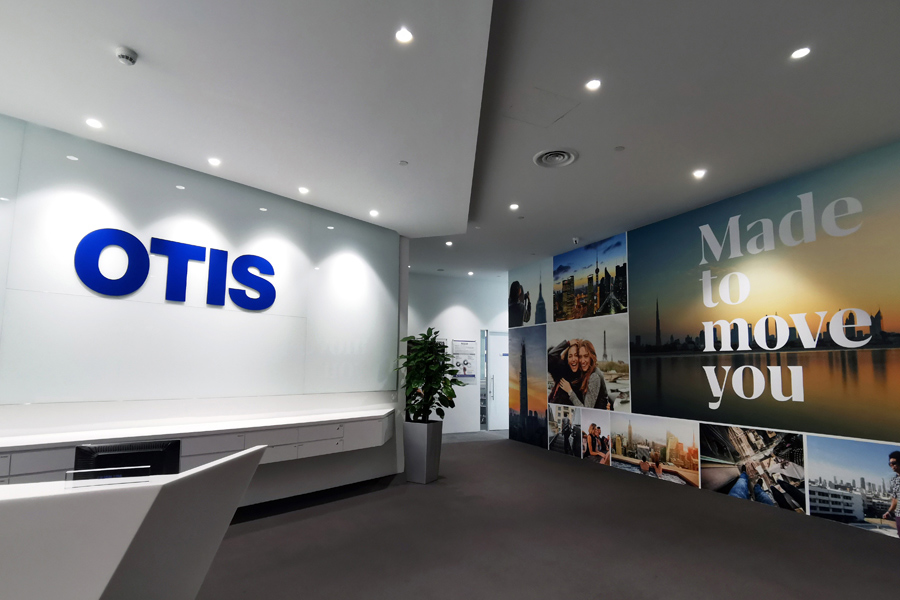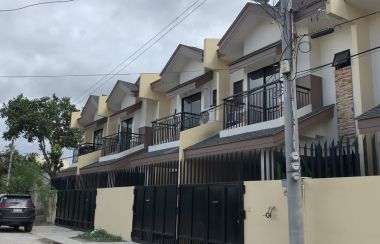After Care Service, Health Ministry must tackle this sector without delay

Health care or healthcare is the maintenance or improvement of health via the diagnosis, treatment, and prevention of disease, illness, injury, and other physical and mental impairments in human beings. Health care is delivered by health professionals (providers or practitioners) in allied health professions, chiropractic, physicians, dentistry, midwifery, nursing, medicine, optometry, pharmacy, psychology, and other health professions. It includes the work done in providing primary care, secondary care, and tertiary care, as well as in public health.

Access to health care varies across countries, groups, and individuals, largely influenced by social and economic conditions as well as the health policies in place. Countries and jurisdictions have different policies and plans in relation to the personal and population-based health care goals within their societies. Health care systems are organizations established to meet the health needs of target populations. Health care is conventionally regarded as an important determinant in promoting the general physical and mental health and well-being of people around the world.
Healthcare financing continues to stir debates around the world. Many low and middle income countries, continue to explore different ways of financing their health systems. This is due to the fact that their health systems are chronically under-funded. In Ghana, most healthcare is provided by the government and largely administered by the Ministry of Health and Ghana Health Services. The healthcare system has five levels of providers: Health posts – which are first level primary care for rural areas: Health Centres and Clinics, District Hospitals, Regional Hospitals and Tertiary Hospitals. The government, financial credits, Internally Generated Fund (IGF) and donors-pooled health funds these programs. Some hospitals and clinics are run by the Christian Health Association of Ghana who provide healthcare. Ghana has about 200 hospitals, some for-profit clinics exist, but they provide less than 2% of healthcare services. Healthcare varies through the country with urban centres having most healthcare facilities, whilst rural areas are often deprived. Patients in these areas either rely on traditional medicine or travel great distances for healthcare. The system of health, which was formerly operated, was known as the “Cash and Carry” system, where many people died because they did not have money to pay for their healthcare needs. Under this system, the health need of an individual was only attended to after initial payment for the service was made even in cases of emergency.
n order to promote universal coverage and equity in healthcare delivery services, the government of Ghana adopted the National Health Insurance Scheme (NHIS) in 2003, which was fully implemented in 2005. This was to assure equitable and universal access for all citizens to an acceptable quality package of essential healthcare services and to abolish “out-of-pocket” payment. The ultimate goal of the NHIS is the provision of universal health insurance coverage for all Ghanaians, irrespective of their socio-economic background. The NHIS is based on District Mutual Health Insurance Schemes (DMHIS), which operates in all 170 districts of the country. This covers both formal and informal sectors of the economy. As of June 2009, about 67% of the population had subscribed to the NHIS, which is financed by a National Health Insurance levy of 2.5% on certain good and services, 2.5% monthly payroll deduction being part of the contribution to the Social Security and National Insurance Trust (SSNIT) for formal sector workers, government budgetary allocation and donor funding. The formal sector workers pay a registration fee for an identity card for access healthcare services. Contributions from members of the informal sector are also made to the NHIS with the minimum and maximum premium being GH 7.20 and 47.70 respectively. However, the core poor, pregnant women, pensioners, people above 70 and below 18 years are exempted from premium payment.
The benefit package of the NHIS consists of basic health care services, including outpatient consultations, essential drugs, inpatient care and shared accommodation, maternity care (normal and caesarean delivery), eye, dental and emergency care. About 95% of the diseases in Ghana are covered under the NHIS. However, some services classified to be unnecessary or very expensive are on the exclusion list. Among these are; cosmetic surgery, drugs not listed on the NHIS drugs list (including antiretroviral drugs), assisted reproduction, organ transplantation, and private inpatient accommodation.
Recovery is not a process that takes place solely within the confines of a four or six week treatment program; recovery is an ongoing process that will last a lifetime. The steps taken immediately following treatment, especially in the early months, can make a significant difference between permanently staying sober and an endless cycle of relapse and rehab. Aftercare is the next step following the completion of formal treatment.
While the fundamental goal of aftercare is to prevent relapse, aftercare programs may vary greatly depending on the individual and treatment program. For some individuals, a weekly, counselor-led group provides needed support and referrals following the successful completion of rehab. These group meetings are an opportunity for individuals to form close, supportive bonds with both their counselor and fellow group participants.
Other individuals may first benefit from transitional living once they complete their rehab program. Transitional living can be especially beneficial for individuals who complete intensive in-patient care but are not yet ready to transition to independent living. Regular meetings with a sponsor are also an important part of aftercare.
Aftercare is a critical step in addiction treatment and essential to reducing the risk for relapse. There are 8400 new drug users each day, more than half of which are under the age of 18. Today, addiction specialists recognize that relapse is a hallmark symptom of addiction. Individuals with co-occurring disorders are at increased risk for relapse and will benefit greatly from aftercare relapse prevention programs.

By providing continuing counseling, support groups and transitional living, aftercare programs add an extra level of accountability that help prevent individuals from returning to old habits of substance abuse. Aftercare provides a safe environment for individuals to connect with recovering addicts, access to motivational speakers, practical guidelines for coping with stress and daily challenges, and the invaluable guidance of a sponsor.
Aftercare programs will also benefit family members and other loved ones. Aftercare services may include one-on-one counseling sessions for spouses, parents, partners and children. Group therapy meetings, as well as educational meetings about co-occurring disorders and addiction, provide important resources and support for families. Family members may also choose to attend 12-step meetings of Alcoholics Anonymous or Narcotics Anonymous that are tailored to the family members of recovery addicts. These meetings are a safe place for family members to share their experiences and receive advice and support.
An effective aftercare plan must be tailored to each aspect of an individual’s life. This plan is typically the joint creation of an individual and their drug counselor or addiction specialist prior to discharge from an in-patient treatment facility. The complexity of this plan depends on an individual’s personal needs, the home and community to which an individual is returning, and the perceived risk for relapse. Chance is the enemy of recovery success, without a plan in place, it is all too easy to “slip-up” and fall back into old habits. Aftercare plans leave nothing to chance. Looking at the benefits of after care centres and programs, the health ministry of Ghana and government must set up such facilities to help the community and citizenry in general.
PROPERTY MAGAZINE
Comments System WIDGET PACK



.jpg)
















